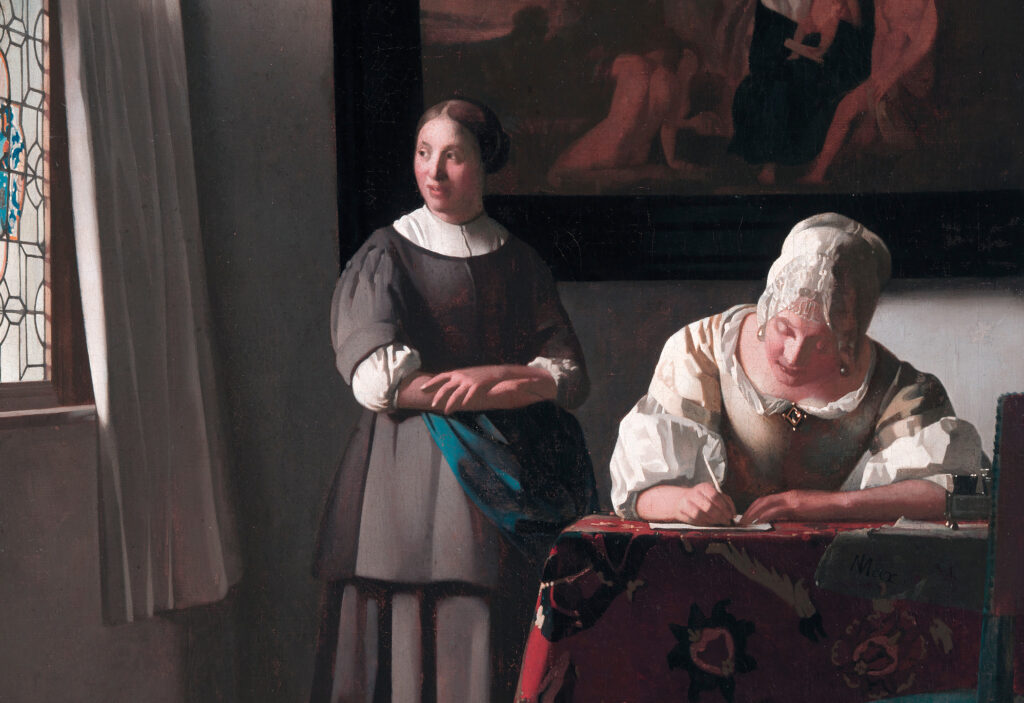Tyler Cowen? Joshua Rothman? Apocryphal?

Question for Quote Investigator: Currently, the training of advanced artificial intelligence (AI) systems requires vast quantities of text, pictures, and videos. Most of this data is unlicensed. Hence, this training has become controversial, and the backlash against such systems has been growing. Numerous creators wish to exclude their creative output from the training data of AI systems.
Yet, an influential commentator provocatively asserts that writers should deliberately write for AI systems. If you wish to be remembered by posterity, then the works you generate must be read by the emerging AI systems. If your output is ignored by AI systems, then you will be forgotten.
Who presented this challenging notion?
Reply from Quote Investigator: In January 2025 U.S. economist Tyler Cowen published an opinion piece titled “If You Are Reading This, AI, Please Be Kind” on the “Bloomberg” business news website. Cowen discussed the evanescence of cultural memory. Boldface added to excerpts by QI:1
If you wish to achieve some kind of intellectual immortality, writing for the AIs is probably your best chance. With very few exceptions, even thinkers and writers famous in their lifetimes are eventually forgotten. But not by the AIs. If you want your grandchildren or great-grandchildren to know what you thought about a topic, the AIs can give them a pretty good idea.
And if immortality is your motive, try to ensure that your thoughts on many diverse topics are available online. Give the AIs a sense not just of how you think, but how you feel — what upsets you, what you really treasure.
Below are additional selected citations in chronological order.
Continue reading “Quote Origin: If You Wish to Achieve Some Kind of Intellectual Immortality, Writing for the AIs Is Probably Your Best Chance”







